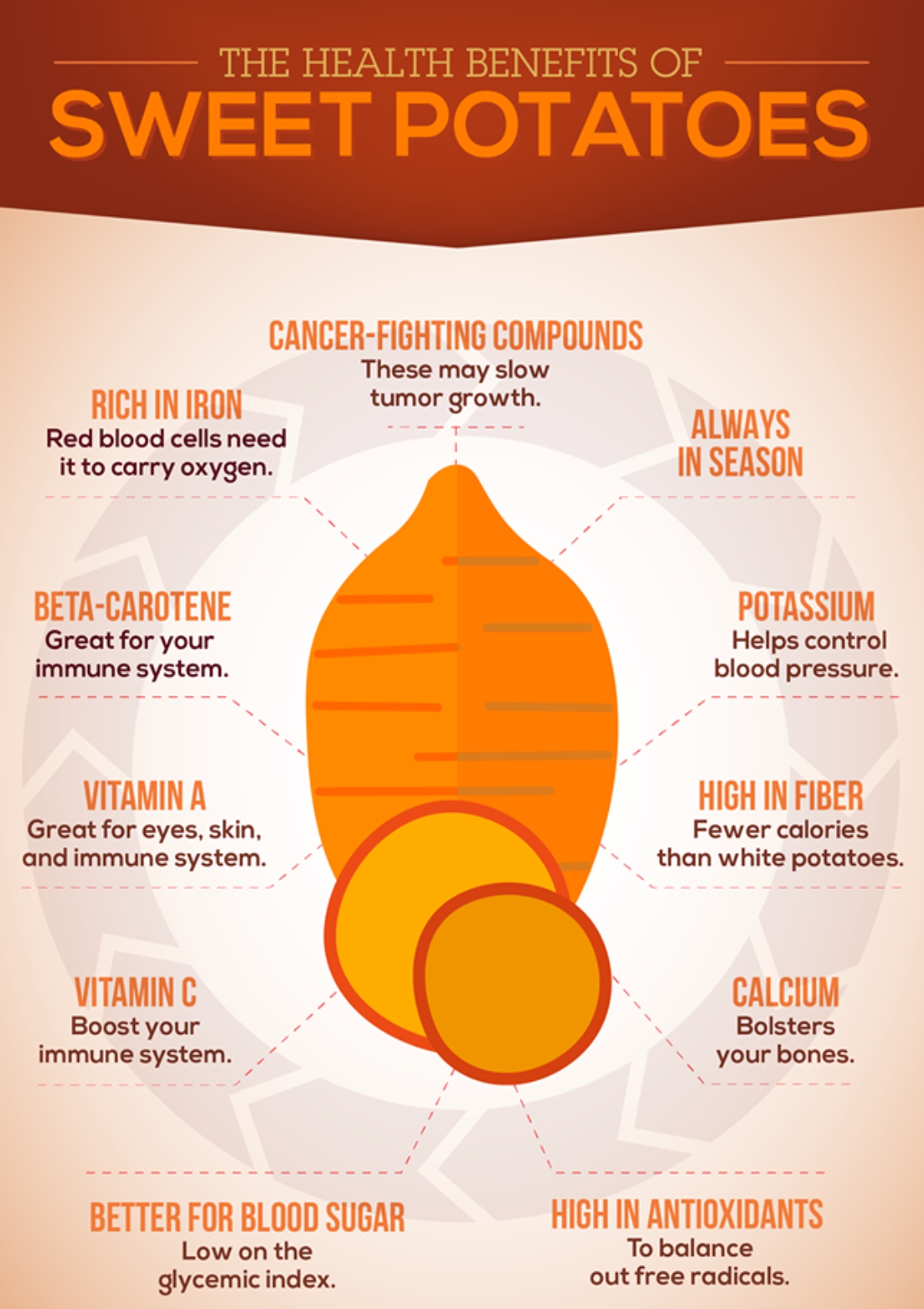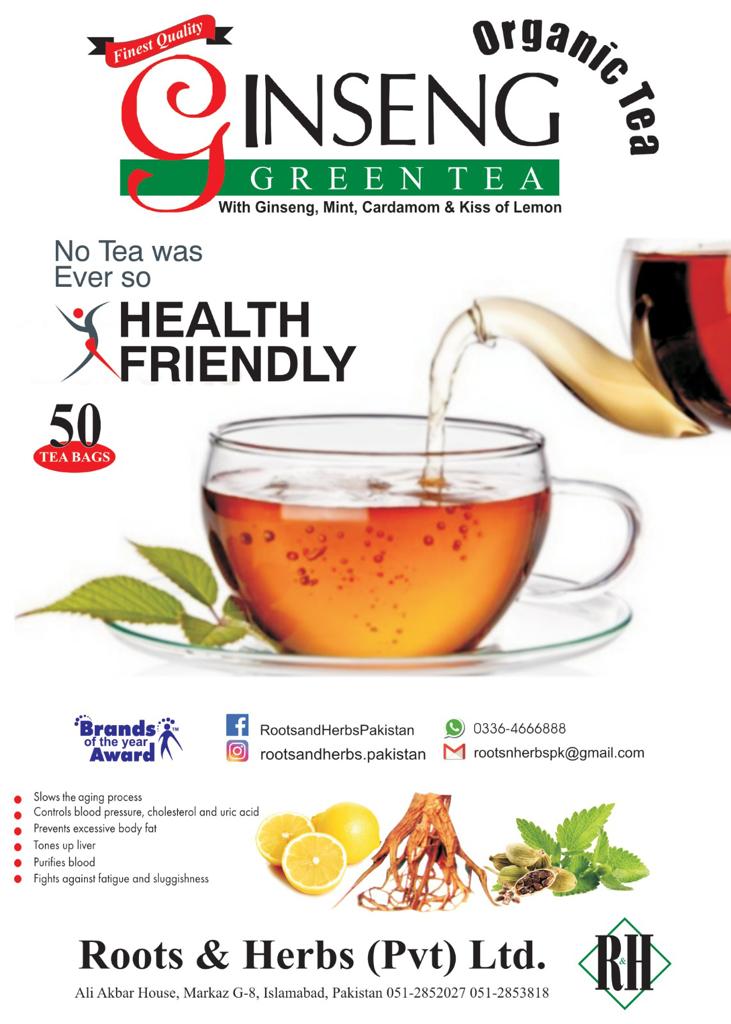A utumn calls for certain vegetables to be added into your diet. And one of the most popular ones to have during Autumn is the sweet potato. This is a starchy, sweet-tasting root vegetable and has a thin, brown outer skin with bright-coloured flesh – most commonly orange. When it comes to eating sweet potatoes, you can try either whole or peeled. Also did you know the leaves of the plant are edible, too. And that sweet potato consists of a range of health benefits.

For one thing they may reduce the risk of cancer. While there are no ‘superfoods’ that can prevent cancer and certain risk factors for cancer are unrelated to diet, there is evidence that eating a healthy diet can reduce the risk of cancer. Fruit and vegetables are high in antioxidants, compounds that help defend the body against damage by ‘free radicals’.
Sweet potatoes also work effectively when trying to support your digestive health. These are high in fibre, which has been shown to promote a healthy digestive system. Much of the research so far has been conducted on animals, but it would appear that high levels of plant sterols (phytosterols) in sweet potatoes may have a protective effect on the digestive system and may be useful in the prevention and management of duodenal and gastric ulcers.
You will also notice how they are good for eye health too.Sweet potatoes are rich in beta-carotene – in fact, it’s what gives this root its bright-orange flesh. When we eat beta-carotene, our body converts it to vitamin A, which is then used to form light detecting receptors in the eye. This is important for night vision and maintaining the health of the eye.
Sweet potatoes can reduce systemic inflammation.The beta-carotene that may boost vision has some other potential tricks up its sleeve, including reducing inflammation. This is because beta-carotene is an antioxidant — a dietary compound that “cleans” the body’s cells of pro-inflammatory free radicals.Consuming plenty of beta-carotene from sweet potatoes could have a ripple effect for overall health.
Sweet potatoes could extend longevity. The beta-carotene in sweet potatoes could be one key to racking up more candles on your birthday cake.Reports found that a higher intake of beta-carotene was significantly correlated with a lower risk of death from any health cause. It is thought that beta-carotene could prevent damage from free radicals. This damage can potentially lead to other processes that could result in the development of chronic diseases.
On the whole, sweet potatoes are an excellent addition to a balanced diet and appear to be safe for most people, with very few reported cases of allergy. However, they do contain compounds called oxalates, which bind calcium and other minerals. Too many oxalates in the diet may cause kidney stones. If you have existing kidney stones or are at high risk of developing them, you should minimise your consumption of high-oxalate foods.











